Question And Answer
Publications
Articles, publications, books, tools and multimedia features from the U.S. Institute of Peace provide the latest news, analysis, research findings, practitioner guides and reports, all related to the conflict zones and issues that are at the center of the Institute’s work to prevent and reduce violent conflict.
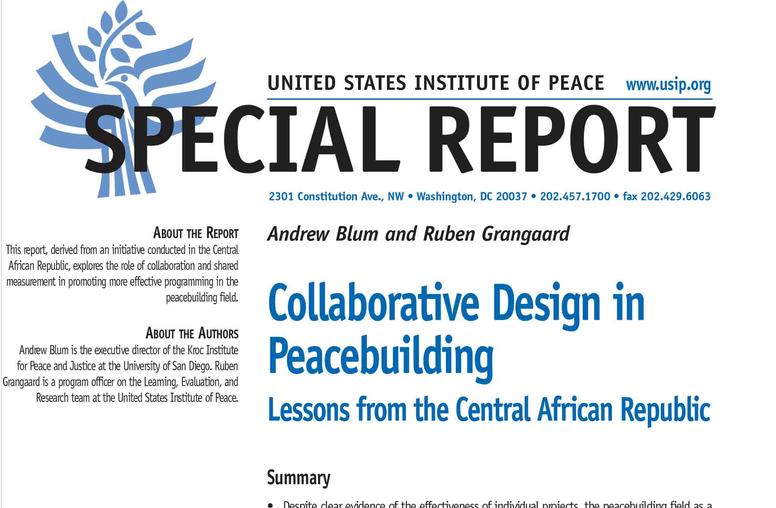
Collaborative Design in Peacebuilding
Despite clear evidence of the effectiveness of individual peacebuilding efforts, the field as a whole often struggles to have a meaningful collective impact on broader conflict dynamics. This report, drawing on a pilot initiative in the Central African Republic—IMPACT-CAR—to develop a shared measurement and reporting system aimed at improving collaboration and shared learning across peacebuilding implementers, reflects on the results, successes, and challenges of the initiative to offer a road map for future initiatives focused on collective impact in the peacebuilding field.
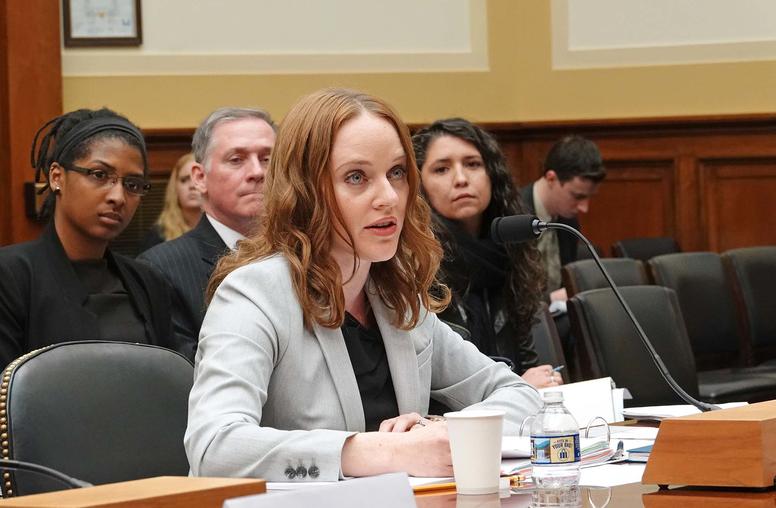
Grading Counterterrorism Cooperation with the GCC States
This testimony covers the following questions: (1) How have GCC countries addressed violent extremism and terrorism within their own national borders; (2) How have GCC countries addressed violent extremism and terrorism regionally and internationally; and, (3) What recommendations can enable future GCC efforts to go beyond eliminating today’s terrorists and prevent terrorism from emerging in the first place?

Nancy Lindborg on Nigeria's Central Role in Africa
Fresh from her USIP delegation trip to Nigeria, Nancy Lindborg explains Nigeria’s importance to Africa and the United States. Lindborg discusses the critical on-the-ground work happening to prevent violence and underscores the importance of Nigerian governors to countering Boko Haram.

Bill Taylor on Russian Elections and Putin’s Longevity
Earlier this week, Russia’s Vladimir Putin began his fourth term. Ambassador William B. Taylor explains that Putin’s political longevity is a combination of Russia’s desire to feel important in the world again, Putin’s power over the media, and the support of powerful, wealthy friends. Nevertheless, Taylor says harsh U.S. sanctions combined with those from the international community have isolated and punished Russia for Putin’s provocations in Ukraine and elsewhere, meddling in elections, and cyberwarfare.
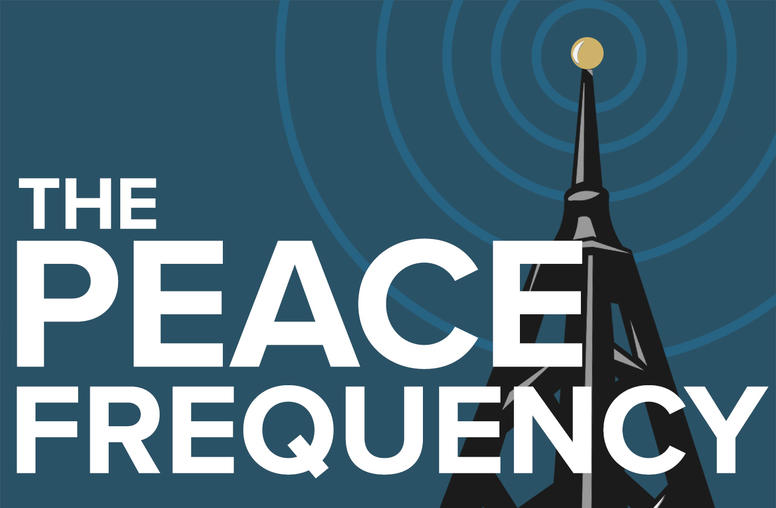
Episode 52 - Zinaida Besirevic
Our guest on this episode is USIP Research Fellow, Zinaida Besirevic, a Ph.D. candidate in human development and cognition at the University of California, Berkeley. Her dissertation compares children and adults in their reasoning about violations of Human Rights and infringements on human dignity. Together we discuss if moral reasoning changes with development, and whether and why we become more likely to tolerate harm.

Episode 51 - Meshack Simati
Our guest on this episode is USIP Peace Scholar, Meshack Simati, a Ph.D. candidate in political science at Georgia State University. His dissertation is titled, “The False Promise of the Judiciary in Reducing Election Violence among African Countries.” Together we explore the history of election violence in Kenya and other countries around the world. What is election violence? How does it impact the voting process and the outcome? What are the implication for the future? How do we prevent it?
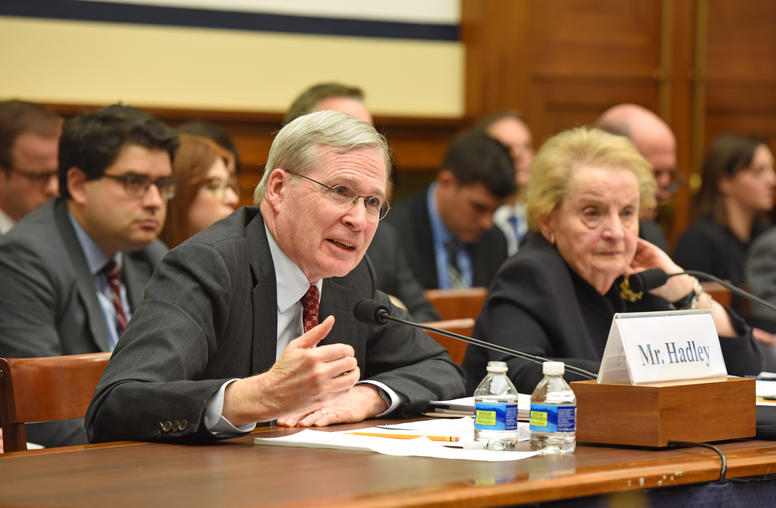
America’s Role in the World
In our testimony, we would like to offer our perspective on the current challenges to the international system, share some insights relevant to this topic from our Middle East Strategy Task Force, and suggest some ways in which Congress might be able to help forge a new bipartisan consensus on American foreign policy.
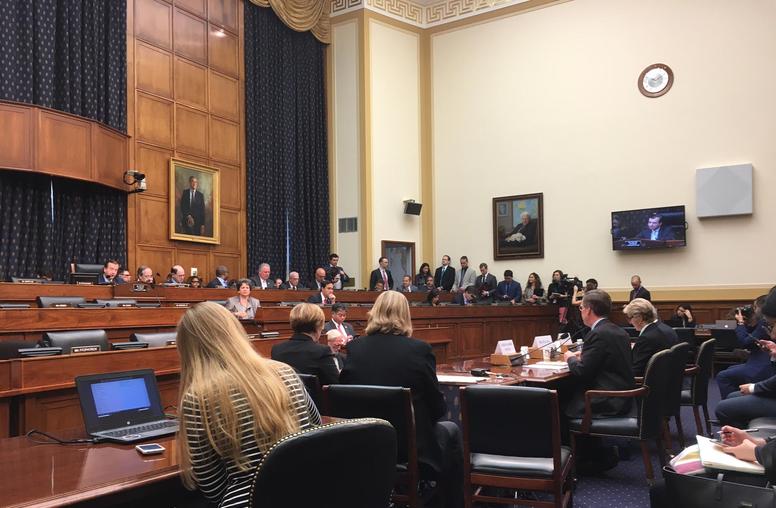
Foreign Assistance for American National Security
Stephen D. Krasner, USIP board member, testified before the House Committee on Foreign Affairs on foreign assistance for American national security.
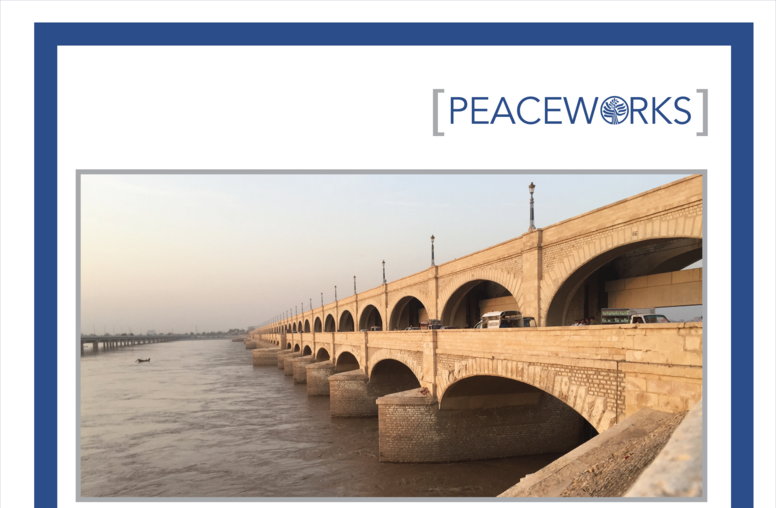
Contested Waters: Subnational Scale Water Conflict in Pakistan
This report reviews the evidence for, and politics around, water-related conflict at local, provincial, and interprovincial scales in Pakistan.
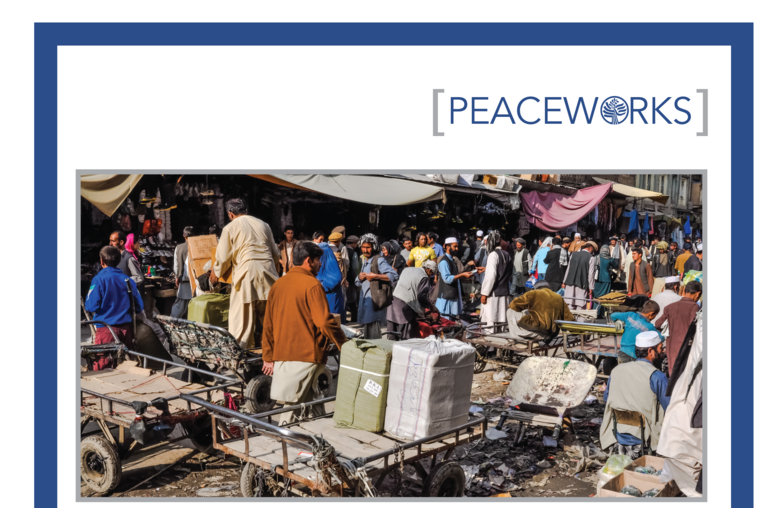
Kabul and the Challenge of Dwindling Foreign Aid
This report offers a comprehensive look at the capital city of Kabul and its unique role in Afghanistan’s transition away from more than a decade of foreign occupation and violence. Social tensions are simmering just under the surface in the capital, even more so than in other Afghan cities, and have the potential to foment serious unrest.